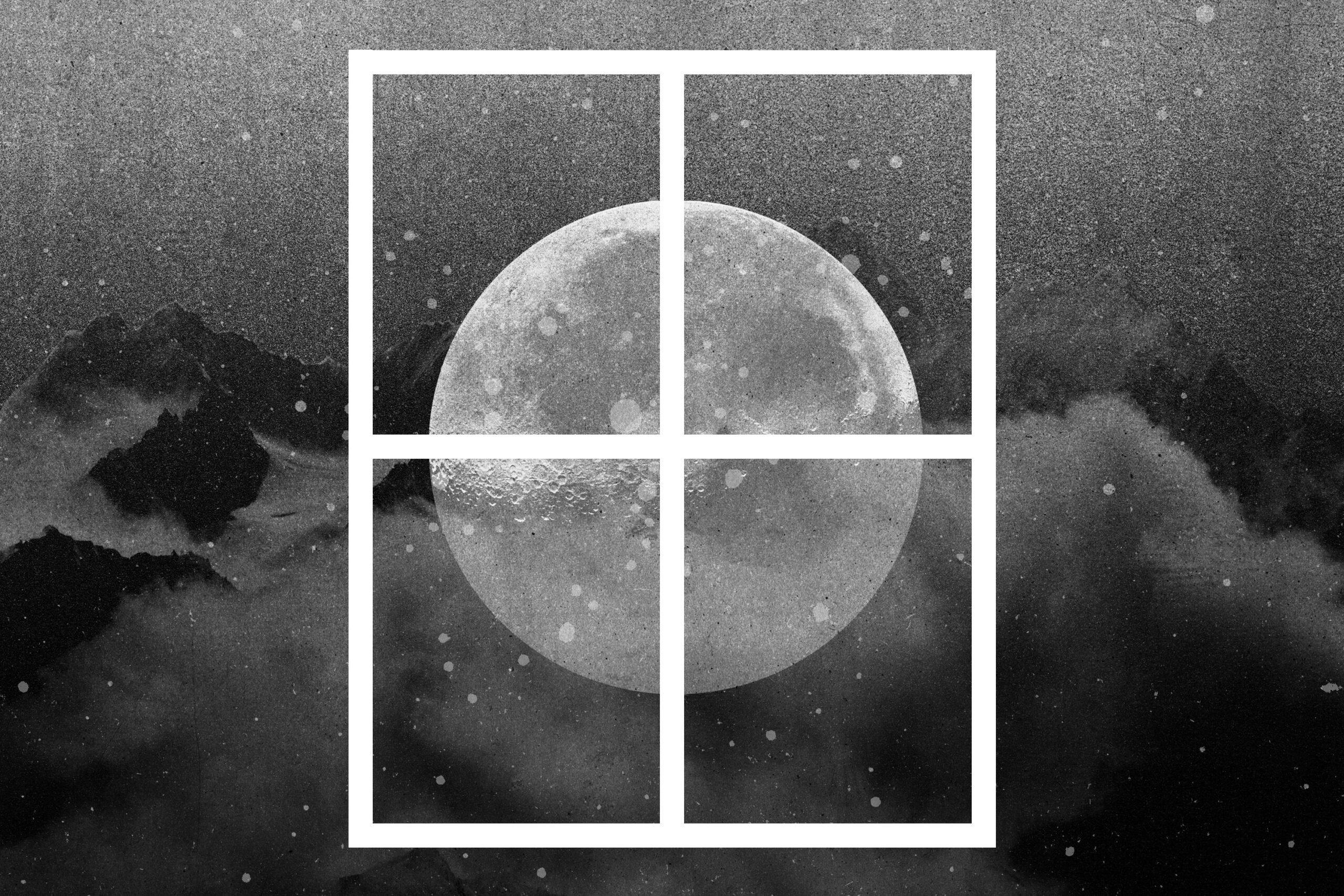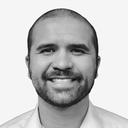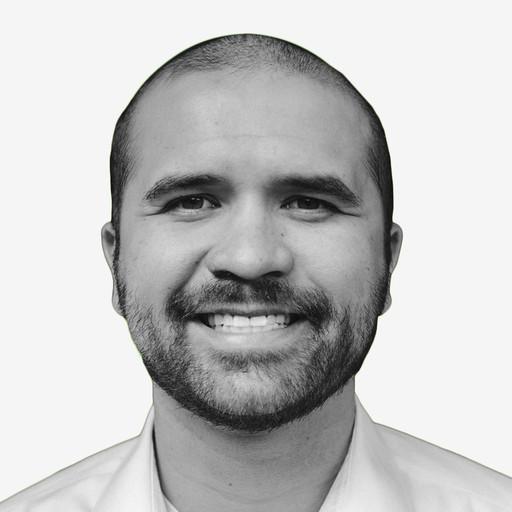
I was almost relieved when the doctor said “cancer.”
It was mid-April and I had been sick for more than a month. Fevers every night. Sweating through my pillows and sheets. Fatigue so bad that I could barely get out of bed. Severe back and muscle pain. Dehydration. Weight loss.
The doctors couldn’t figure it out. It didn’t fit any normal pattern of symptoms. Their first thought was that it had something to do with my having had COVID-19 the month before. They called it “post-COVID syndrome,” an umbrella term to cover people who hadn’t fully recovered and still had symptoms. But it was a diagnosis of exclusion, meaning they had to rule out every other possible explanation first. Basically, if they couldn’t find anything else, then maybe it was this. It was the medical equivalent of a shrug.
I needed an answer. Cancer was one. I had been to the hospital three times in four weeks, and I was getting worse each time. Now there were treatment plans. Chemotherapy. Radiation. The doctors would at least know what to do.
I held my wife’s hand as the doctor went over the next steps. It was all a blur. I just couldn’t get one thought out of my head. I could actually die. Cancer might not kill me, but it could.
It was the one thing that hadn’t entered my mind on previous trips to the hospital. No matter how sick I was, I never doubted that I would eventually get better. I remember one conversation with a coworker, during which I listed all my symptoms, realized how bad they sounded aloud, and interjected to say that I wasn’t dying. I would be fine.
But at the hospital, for the first time I realized that maybe I wouldn’t.
I had never really thought about death before. I’m 33. I’m married and have a 1-year-old son. My whole life is supposed to be in front of me. I obviously knew I would die at some point. But that point, whenever it might be, seemed so far away that it might as well not have existed.
There was no reason for me to believe otherwise. I don’t live in a neighborhood with much crime. I don’t have a dangerous job. My days of staying out late and drinking are long gone. I’m in bed by 10 p.m. most nights. I don’t have any chronic illnesses. When I got COVID-19, it was the first time I had been really sick in my adult life.
And then I was diagnosed with cancer.
That was only the start of the bad news. The reason my cancer was so difficult to diagnose was that I had a sarcoma, a rare kind of tumor usually found in children and teenagers. Sarcomas account for only 1 percent of new cancer cases in the U.S. each year. They are most easily treated when they are still isolated in one spot. My tumors had spread through my bones, into my femur, hips, ribs, spine, and skull. There were too many to count. The medical report said they were “innumerable.”
The doctors narrowed the diagnosis to two types of cancer—Ewing’s sarcoma and osteosarcoma. They told us not to Google them. That they were so rare in adults that the statistics couldn’t tell us much about my situation. The sample size was too small. But telling someone not to Google their illness is like telling them not to look at a car accident as they drive past it.
The five-year survival rate for people with osteosarcoma whose tumors had spread to distant parts of their bodies is 27 percent. The same number for people with Ewing’s is 39 percent.
It wasn’t just that I could die. It’s that I probably would.
In my head, I had this idea that once I got to be about 70 years old, I would be ready to die. That was how old my dad was when he died. All my grandparents died in their 70s. I would be retired by then. Done raising my kids. And then I would be ready for whatever was next.
But then I thought about the people I knew in their 70s. My mom is 72. All four of my wife’s grandparents are in their 80s. One of her grandfathers still skis every year. I have never talked to him about it, but he certainly doesn’t seem ready to die. He’s probably like me before I was diagnosed. He knows it will happen at some point in the future, but does his best to block out the inevitable reality.
That coping mechanism doesn’t change, no matter your age. The thought of death is so painful that many people do everything they can to put it out of their minds. It’s easy enough in our society. I’m not surrounded by death. It usually happens far away, in hospitals and nursing homes and hospice centers.
One of the best metaphors I’ve heard for modern life is that it’s a car headed toward a cliff’s edge while billboards line both sides of the road, blocking the driver’s view. Those billboards are all the distractions that society has to offer. Netflix. Sports. Movies. Music. Everything you consume to avoid thinking about where you are ultimately headed. And those billboards cover your view until the end of the road, when suddenly the cliff approaches. Then, as your car is flying in the air, that’s when you start thinking about death and the meaning of life.
As a Christian, I felt like I was prepared for that moment. But there’s nothing that can truly do that. It’s the long night of the soul. It’s a version of a well-known phrase that I often think of. I don’t care how strong your faith is. Staring into the abyss will make you question everything. I wish getting through it were as simple as quoting a few Bible verses and then going to bed.
I don’t even think Jesus was ready. That’s the first thing I noticed when I read the Gospels after my diagnosis.
This was the scene after the Last Supper, when Jesus knows that Judas will betray him that night:
They went to a place called Gethsemane, and Jesus said to his disciples, “Sit here while I pray.” He took Peter, James, and John along with him, and he began to be deeply distressed and troubled. “My soul is overwhelmed with sorrow to the point of death,” he said to them. “Stay here and keep watch.” —Mark 14:32-34
Jesus normally left his disciples at night to pray by himself. But not that night. It was the only time he ever questioned God:
Going a little farther, he fell to the ground and prayed that if possible the hour might pass from him. “Abba, Father,” he said, “everything is possible for you. Take this cup from me.” —Mark 14:35-36
The most likely interpretation, to me, is that Jesus had known for a long time that he would have to go to the cross. It was always going to happen. He still had to do his ministry first. He still had to go to Jerusalem. He still had to have the Last Supper. But then, all of a sudden, there were no other things to do. The cliff’s edge was there. And he was terrified, just like anyone else would be. He might have thought that he would be ready to die. It’s easy to tell yourself when that point is still far away.
It’s different when it’s right in front of you. You think about your life. About all the things you still want to do. About the people you could be leaving behind. And you ask why. You ask why a lot.
There are many kinds of crying. The kind you do when you are by yourself in a cold hospital room, unable to fall asleep and telling God that you don’t want to die, is as ugly as it gets.
Most Americans spend so much time striving, trying to be successful, trying to climb further up the ladder. Trying to achieve. Trying to give our lives meaning. It all fades away in that moment, when all you are left to grapple with is what you really believe about life and death.
It doesn’t matter who you are, or what you have done, or how much medical care your money can buy. We all have to face that moment. It’s the only moment when every person on Earth is truly equal. We come into this world with nothing and leave it the same way.
A lot of those long nights of the soul have happened for me at the T. Boone Pickens Cancer Hospital in Dallas. Pickens started as an oil-and-gas man and became a billionaire business tycoon. He’s best known nationally for being the booster who spent so much money that he turned Oklahoma State football into a powerhouse. You can’t go anywhere in Dallas without seeing his name. I used to play basketball at the T. Boone Pickens YMCA, and I would drive by the T. Boone Pickens Hospice & Palliative Care Center on my way to work. He passed away in 2019, and it’s hard not to see his giving as a way to cheat death. Maybe he wouldn’t be around in the future, but his name would be. It’s the same reason U.S. presidents build libraries to celebrate their legacies, and we carve their faces into mountains.
I just don’t know how much any of that means to T. Boone now, wherever he is.
Many people don’t believe that he’s anywhere. That this life is all there is. Maybe they are right. But that doesn’t bring any comfort in the long night of the soul.
So what does?
I go back to that last night in Gethsemane. The last thing Jesus says to God is “Yet not what I will, but you will.” (Mark 14:36.)
He gives up control.
The reality is that none of us ever had any control of our lives in the first place. I had no control over getting cancer. It just happened. Nor do I have any control over how the months of chemotherapy will go.
It reminds me of something else Jesus said: “Can any one of you by worrying add a single hour to your life?” (Matthew 6:27.)
Worrying about death does me nothing. All I can do is believe and have faith that there’s some point to all this. That God is watching after me and my family, even if it doesn’t seem like it sometimes.
The latest diagnosis is that I have a BCOR-CCNB3 sarcoma, a type so rare that my oncologist, a sarcoma expert, had never heard of it. It’s in the family of Ewing’s-like sarcomas, but it’s not Ewing’s. It was discovered only in the past decade. Both my doctors and I are flying blind.
I don’t know when the long night of the soul will come for me again. I just know that I will turn to my faith in that moment. It won’t let you face death without fear. But it’s the only thing I’ve found that helps.

